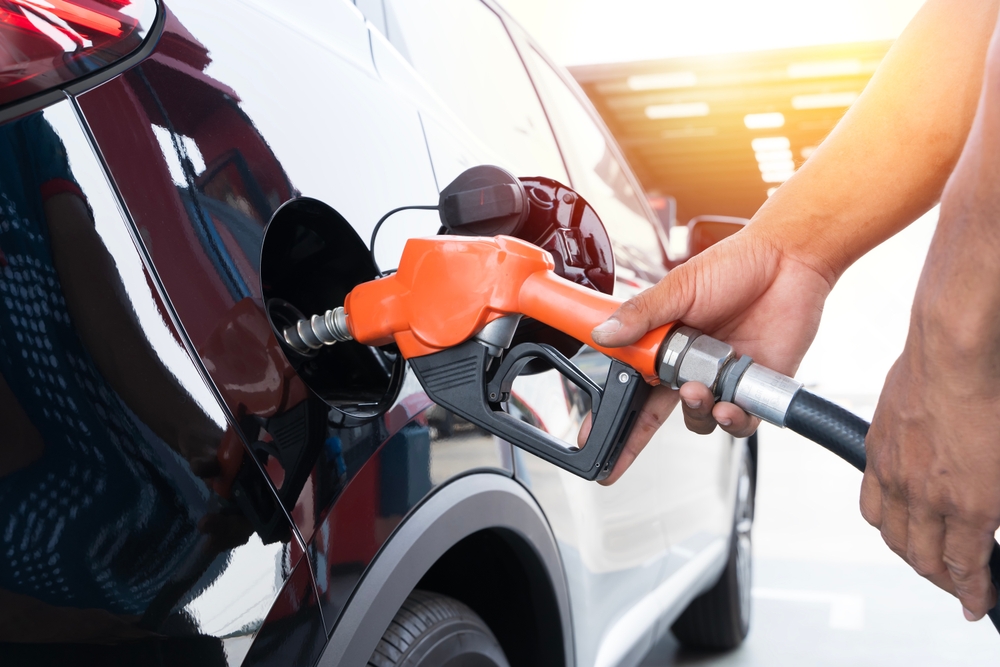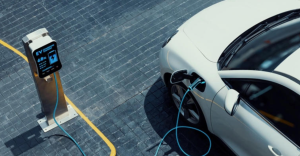Driving on reserve may seem harmless, but it could damage your car — and cost you a hefty fine
Others are reading now
Most drivers are guilty of stretching their fuel to the last drop, waiting until the warning light flashes before pulling into a gas station.
Whether it’s out of habit, convenience, or an effort to save money, this approach may seem efficient — but it comes with serious mechanical and financial risks.
According to the Royal Automobile Club of Spain (RACE), routinely driving with your tank near empty can lead to costly breakdowns and even traffic fines. “If you’re the type who pushes the fuel gauge to the limit, you should stop.
Your car could suffer serious damage, and you might be fined if you run out of gas on the road,” RACE warns, as reported by El Economista.
Also read
Risking a Breakdown—and a Fine
Running out of fuel on a public road is considered a traffic violation in many countries.
If it happens, you could face a fine of up to 200 euros in addition to the inconvenience of being stranded and having to call a tow truck.
But beyond the legal implications, regularly driving on reserve can damage several key components of your vehicle:
- Fuel Injectors: These require a consistent fuel flow to function properly. Operating with minimal fuel can result in misfires or imbalance in the air-fuel mixture, potentially damaging the injectors’ internal components.
- Fuel Level Sensor (Aforador): Designed to float within the tank to indicate fuel levels, it can stick or malfunction if constantly exposed to near-empty conditions, leading to inaccurate readings.
- Fuel Pump: This component relies on gasoline for cooling and lubrication. If the tank runs too low, the pump can overheat and wear prematurely. Moreover, running on empty can pull sediment from the bottom of the tank into the filter, clogging it and impairing fuel delivery.
A Costly Habit in the Long Run
While it may feel like you’re stretching your money further by delaying visits to the pump, driving frequently with your fuel tank low can lead to repairs that cost far more than a timely refill. Sediment buildup, fuel pump damage, and misfiring injectors are just a few examples of how this habit can hit your wallet hard.
Experts advise maintaining at least a quarter tank of fuel at all times — not just to avoid being stranded, but to protect the longevity and reliability of your vehicle.
So next time the fuel warning light flashes, take it as a serious prompt — not a challenge.








